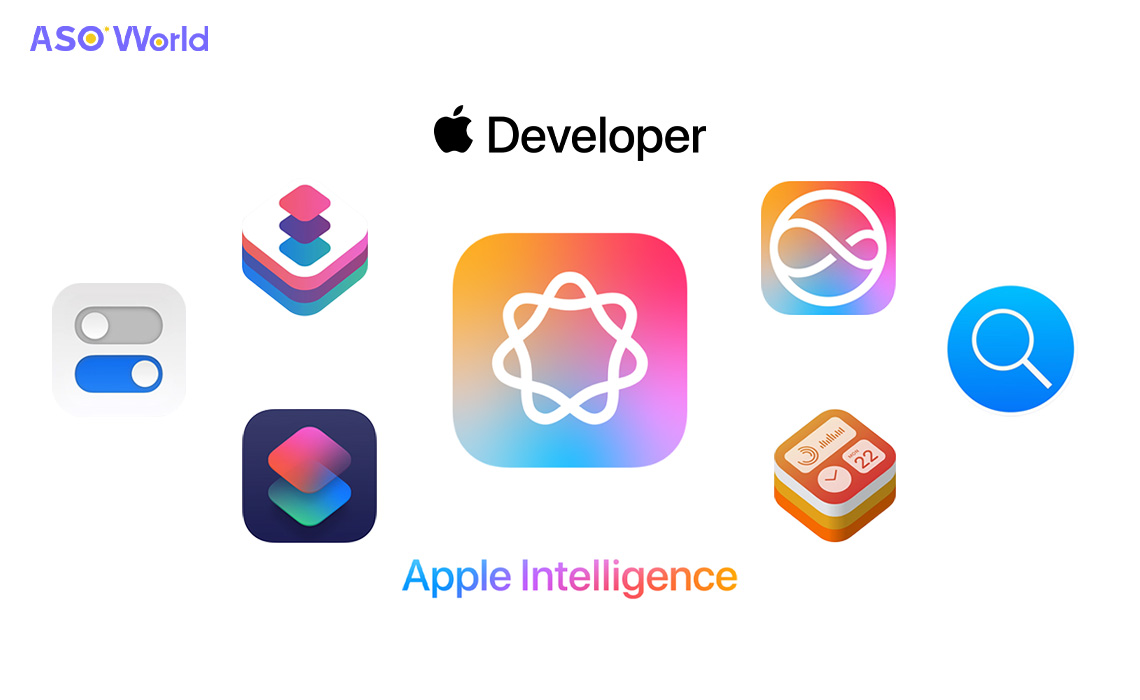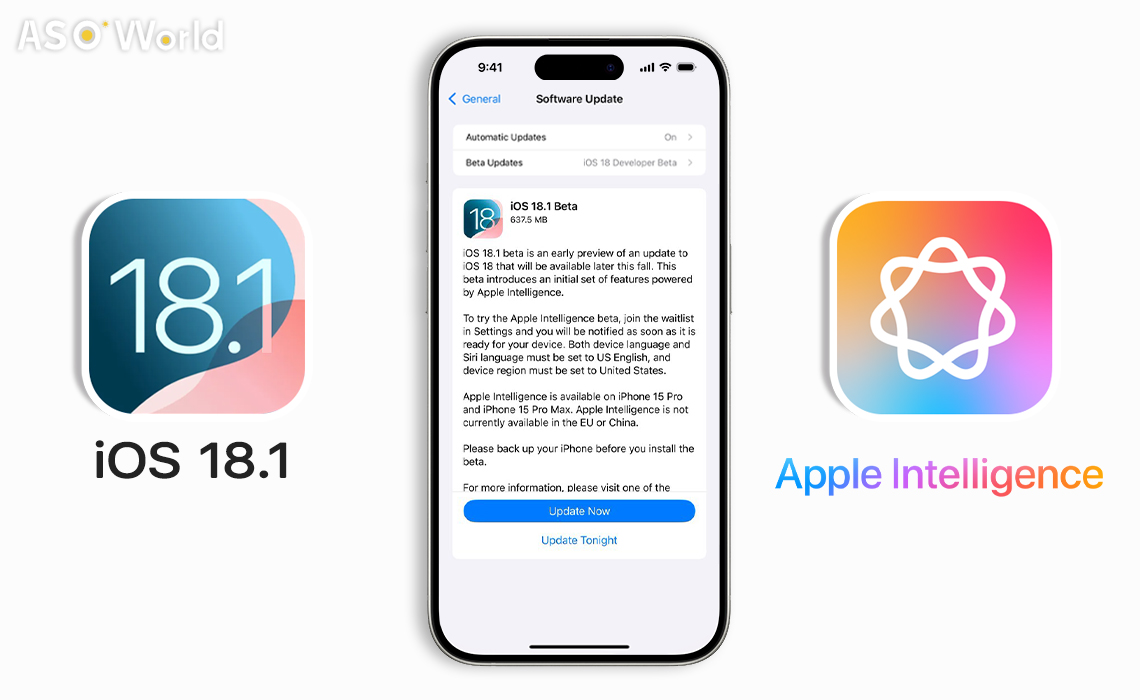Apple’s New Games App: Essential Features and Takeaways for Developers






Apple Intelligence in iOS 18 improves Siri and app integration, presenting new opportunities for iOS developers. Explore the potential benefits and challenges.

At WWDC 2024, Apple announced Apple Intelligence in partnership with OpenAI, marking its formal entry into the AI space.
From the iOS 18.1 beta, Apple Intelligence demonstrates robust features such as AI writing, summarisation, and image generation.
With Apple offering more powerful, integrated AI capabilities, users may increasingly favour built-in AI features over third-party apps, presenting a significant challenge for existing AI developers.
Yet, within this challenge lies a unique opportunity: developers can utilise Apple Intelligence's APIs and SDKs to enhance their own app offerings.
The AI features are built on an extended App Intents framework, which allows your app's functionalities and content to be presented system-wide, enabling user interaction from any point on the device.
This eliminates the need for users to navigate menus, as Siri can handle requests directly, streamlining the user experience.
💡 Integrating your app with Siri and Apple Intelligence
The key benefits for developers include:
Simplified User Guidance
Enhanced Siri understands contextual input, enabling seamless request execution and helping users navigate your app through voice commands.
Improved User Retention
Integration with Spotlight Search allows app data such as photos, messages, and calendar events to be indexed and easily searchable, enhancing app discoverability and encouraging repeated engagement.
Cross-App Functionality
Siri, empowered by Apple Intelligence, can operate across multiple applications, creating a seamless experience and improving overall user interaction.
*Note: Currently, intelligent tools are available for select developer categories such as books, mail, logs, and photos, with plans to extend to all app categories in future updates.
With Apple Intelligence, certain apps may encounter reduced usage:
Simple voice assistants or basic image editors are now incorporated into Apple Intelligence, reducing demand for standalone third-party alternatives.
Apps with a singular function may struggle as users prefer integrated, multifunctional experiences. Developers might consider adding features or combining multiple apps through Siri integration.
Apps producing basic content, such as simple article generators or basic photo editors, may become obsolete due to the high-quality output from Apple Intelligence. Optimising existing AI applications is now essential.
Applications will evolve around several key trends:
Apps will learn from user behaviour, delivering personalised services and recommendations. AI will permeate all functionalities, from user interaction to backend processing.
Cross-app operations will enable users to switch between apps effortlessly, e.g., scheduling a meeting in a calendar app may automatically trigger an email via a mail app.
Advances in voice recognition and natural language processing will allow users to interact via voice, gestures, and facial expressions, making app usage more intuitive.
Apps will increasingly process and respond to data instantly, such as real-time translation tools that provide immediate communication support.
Apple Intelligence opens opportunities in several domains:
AI enables sophisticated life management apps, covering health, finance, and home automation, e.g., controlling multiple smart home devices via voice.
Education apps can tailor content to individual learning styles, dynamically adapting based on real-time analysis of engagement and progress.
AI-assisted tools, such as smart writing assistants, can generate content and streamline workflows efficiently.
Combining AI with AR, developers can create interactive experiences, e.g., AR navigation overlaying directions in real environments.
AI analysis can personalise health advice, workouts, and diet plans, enhancing user wellbeing.
Natural language processing allows instant translation across languages, benefiting travel and communication apps.
💡 5 Top App Ideas for Startups in 2024
In summary, Apple Intelligence provides unparalleled opportunities for iOS developers. Leveraging these tools allows for the creation of smarter, more integrated, and user-friendly apps, delivering superior experiences.

Get FREE Optimization Consultation
Let's Grow Your App & Get Massive Traffic!
All content, layout and frame code of all ASOWorld blog sections belong to the original content and technical team, all reproduction and references need to indicate the source and link in the obvious position, otherwise legal responsibility will be pursued.